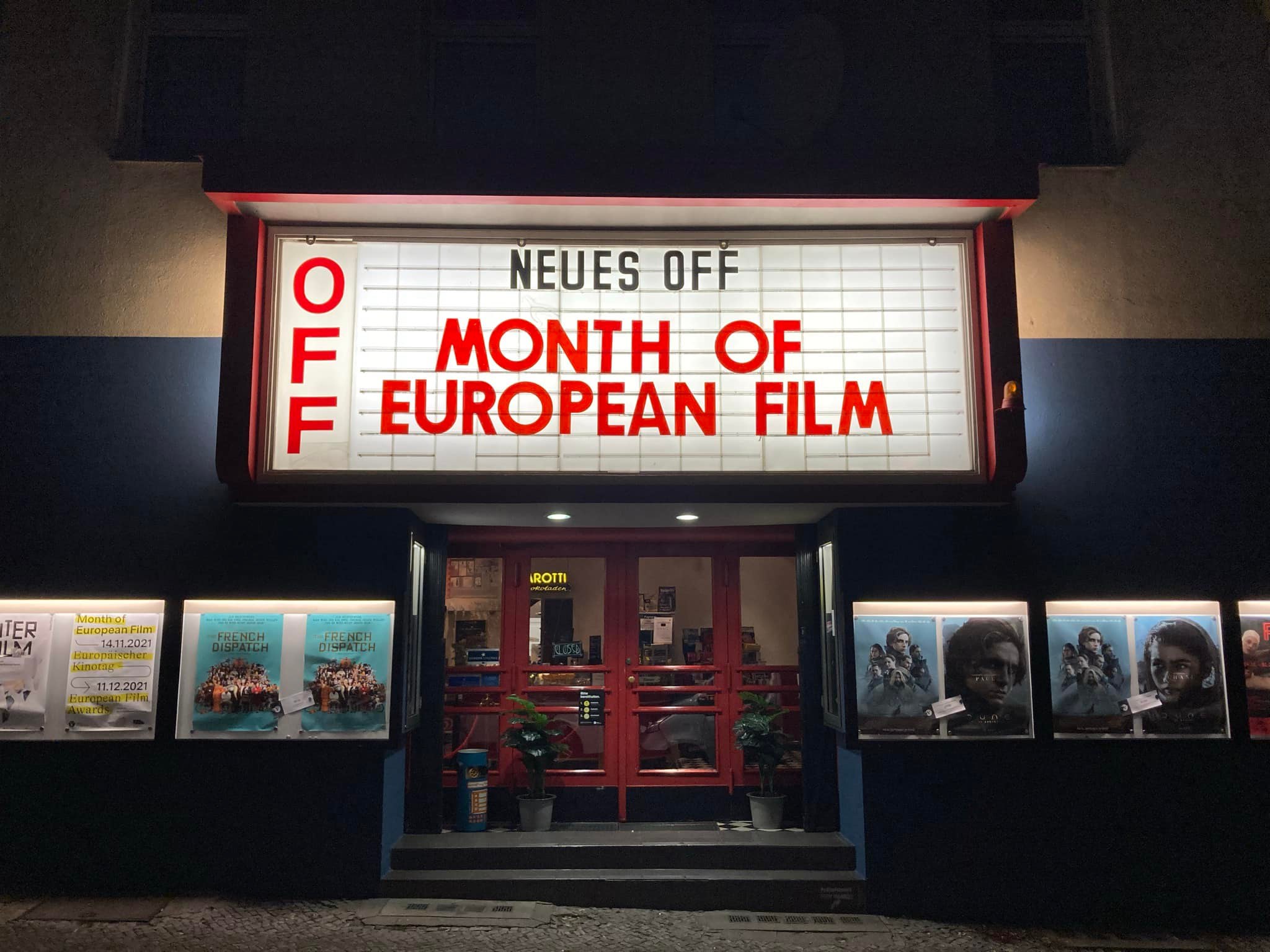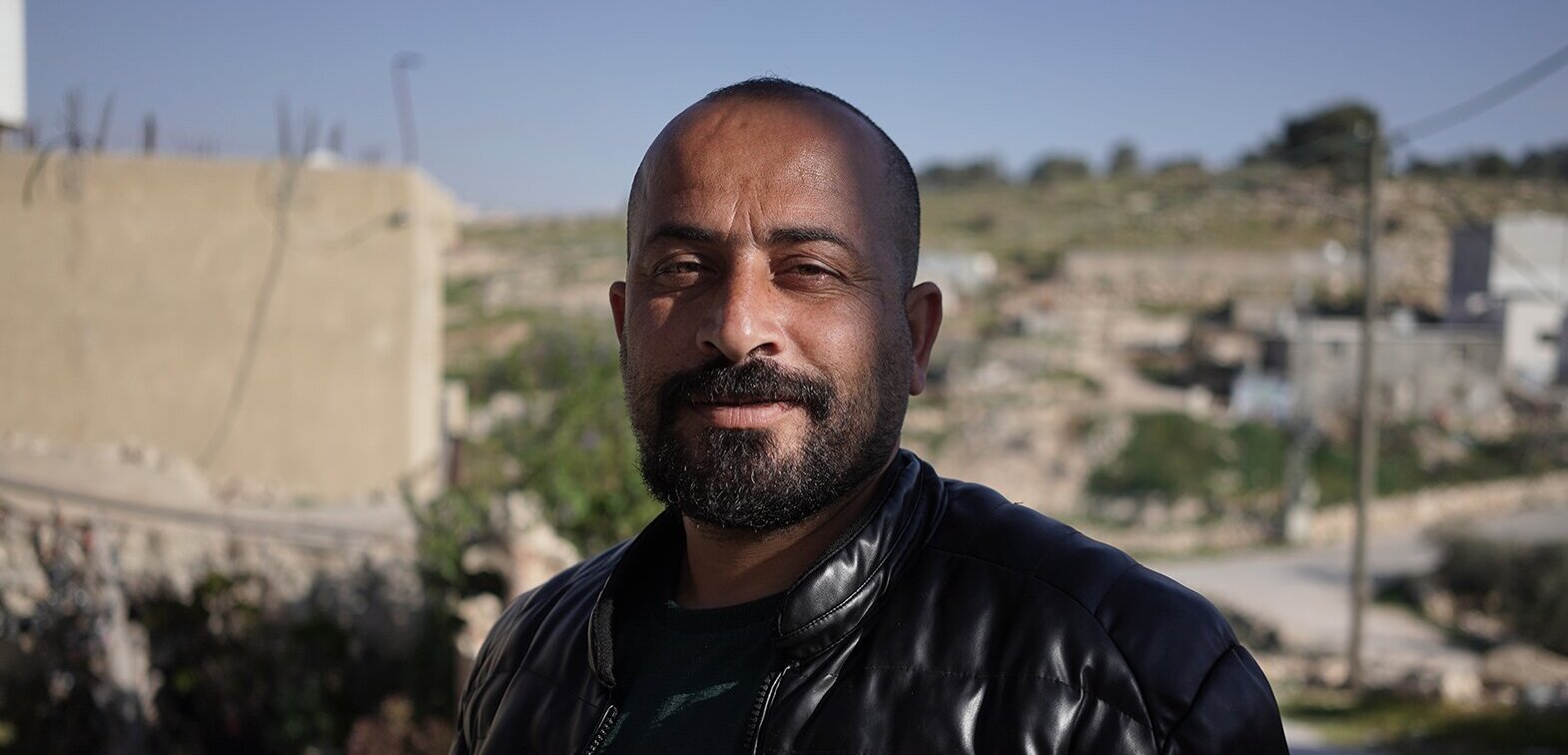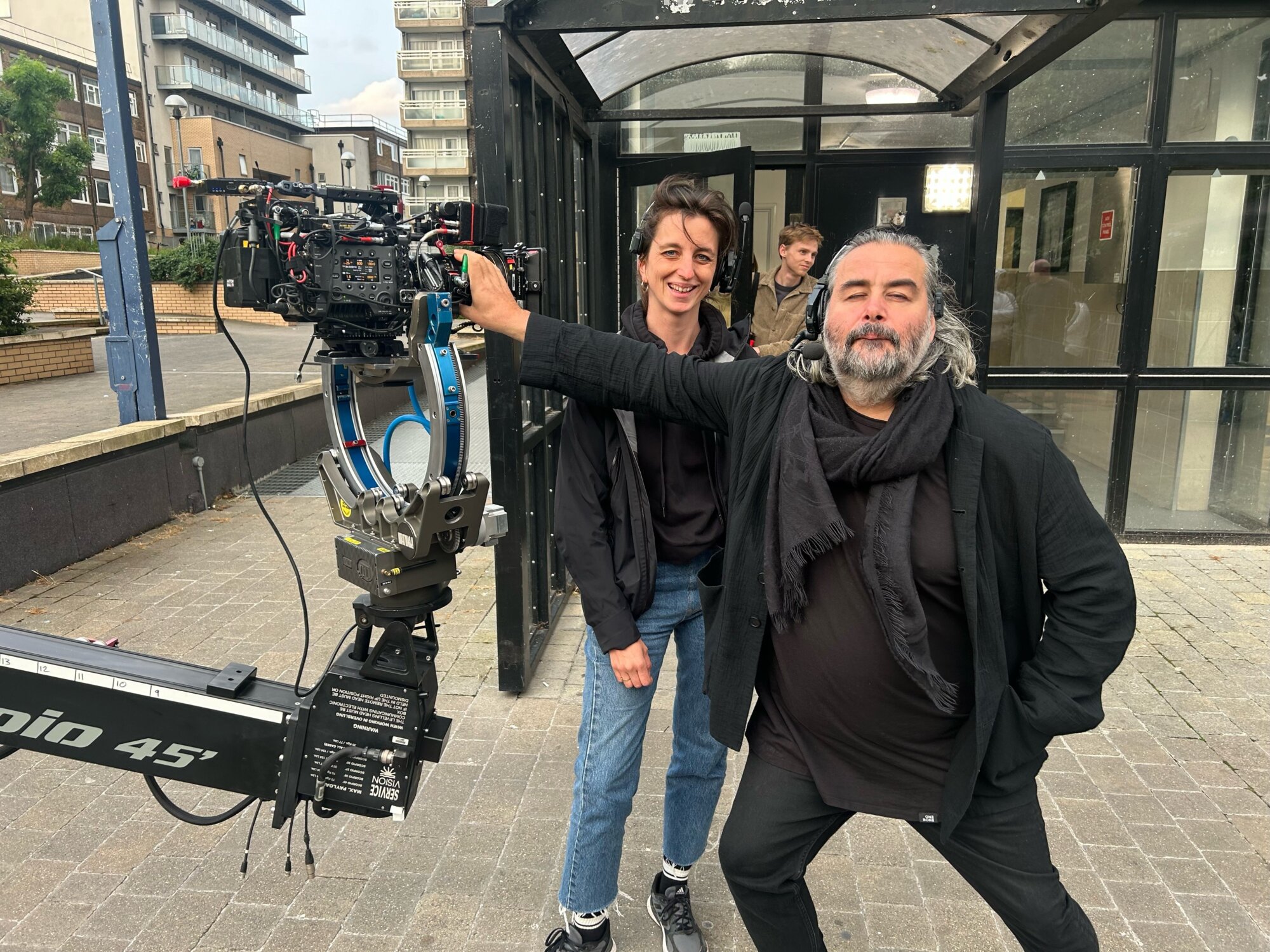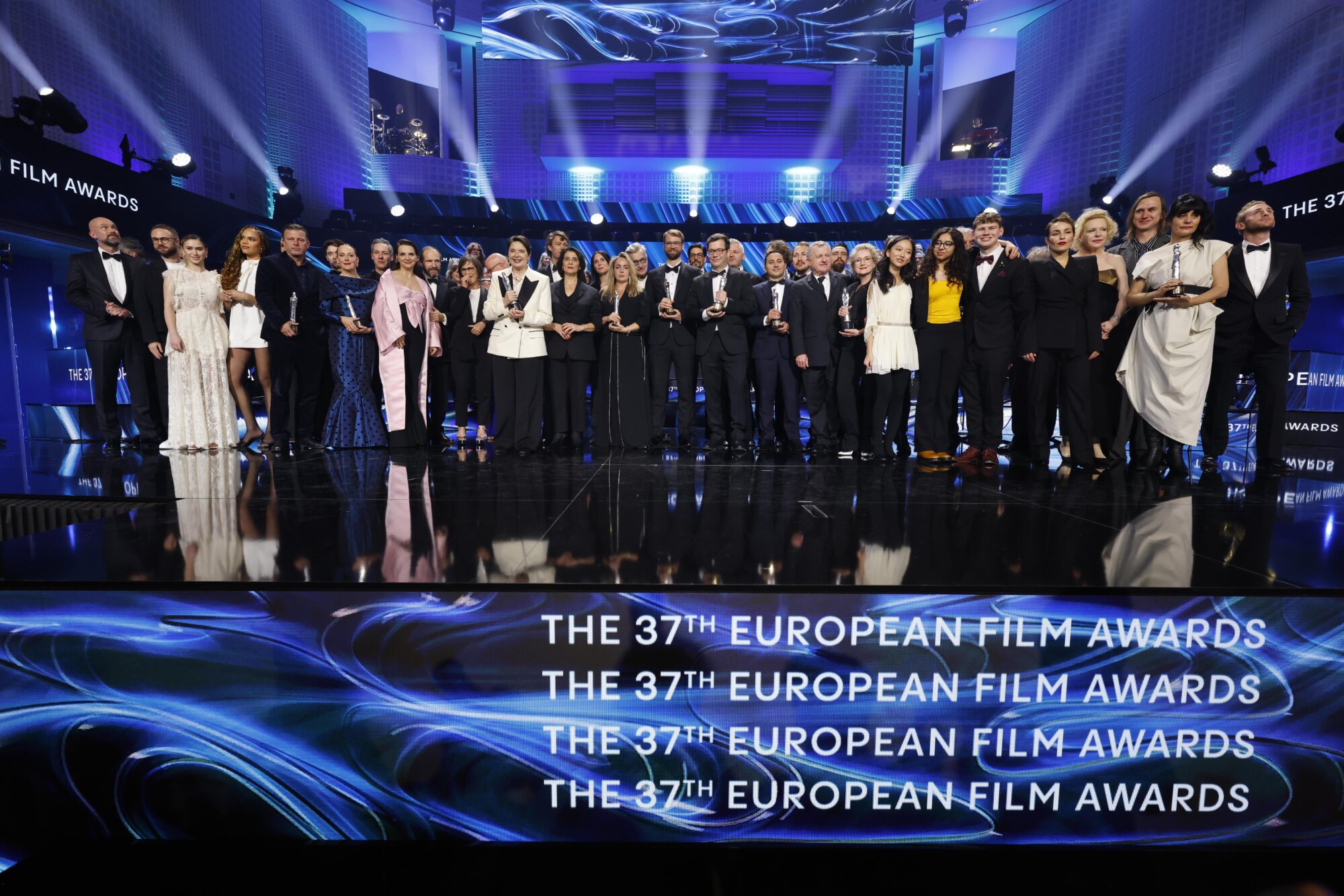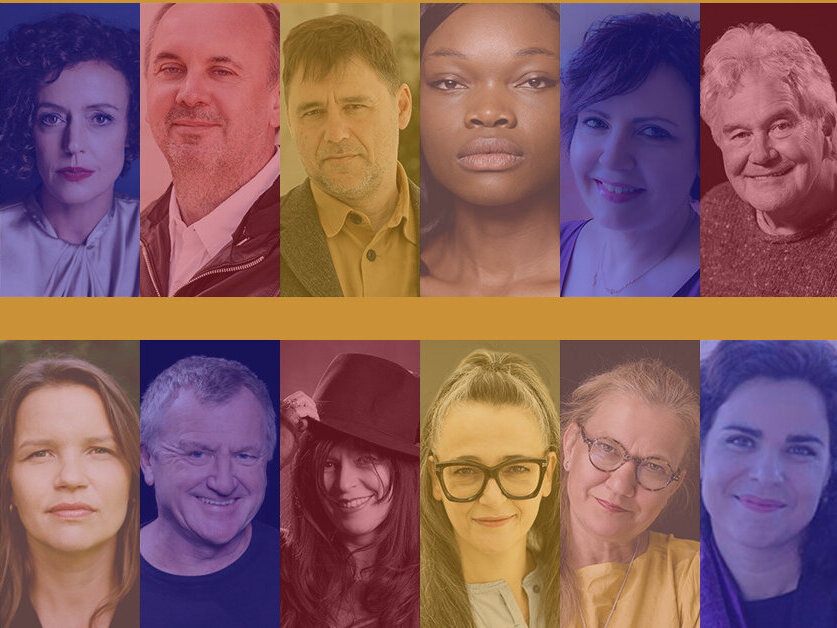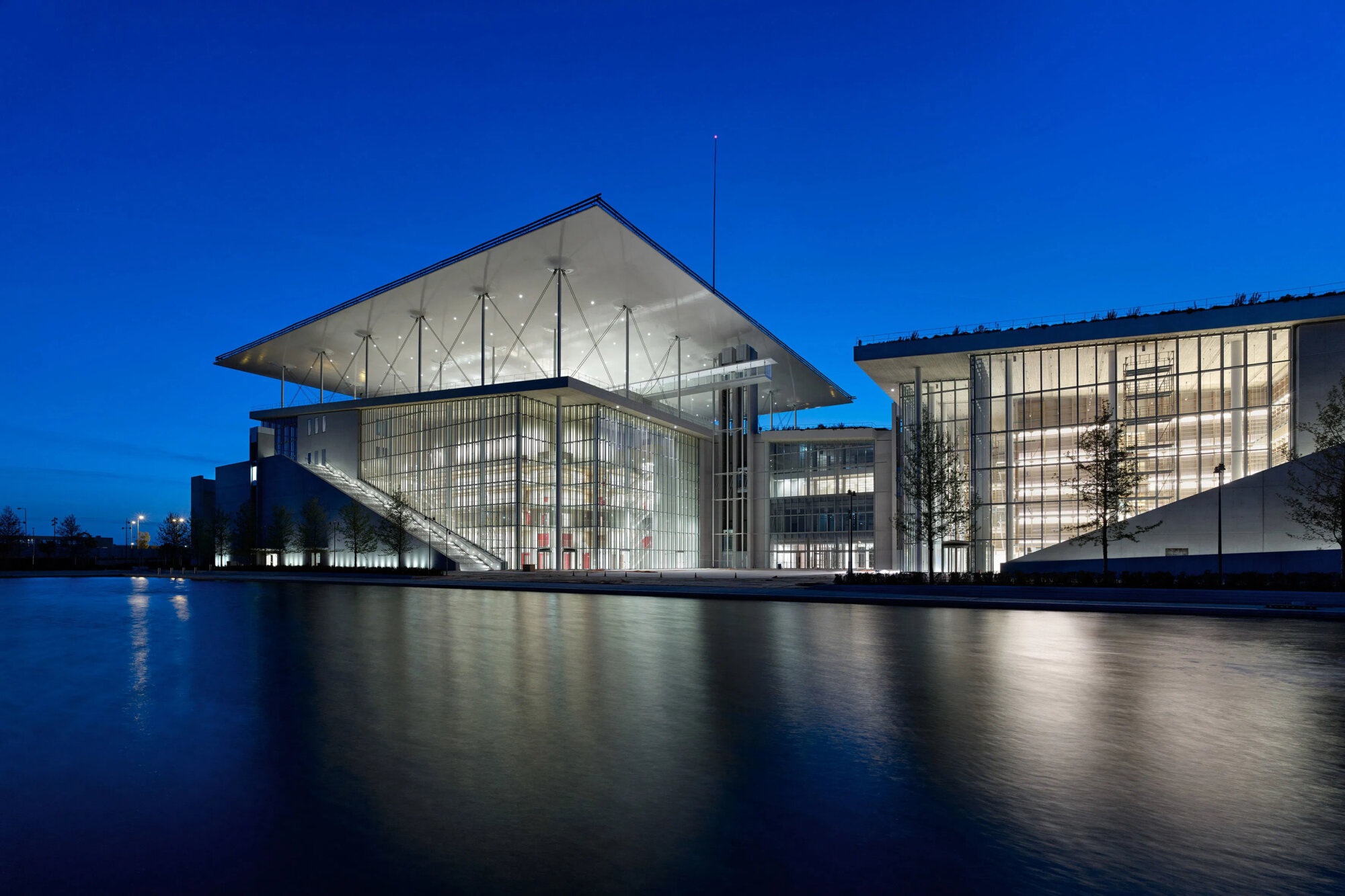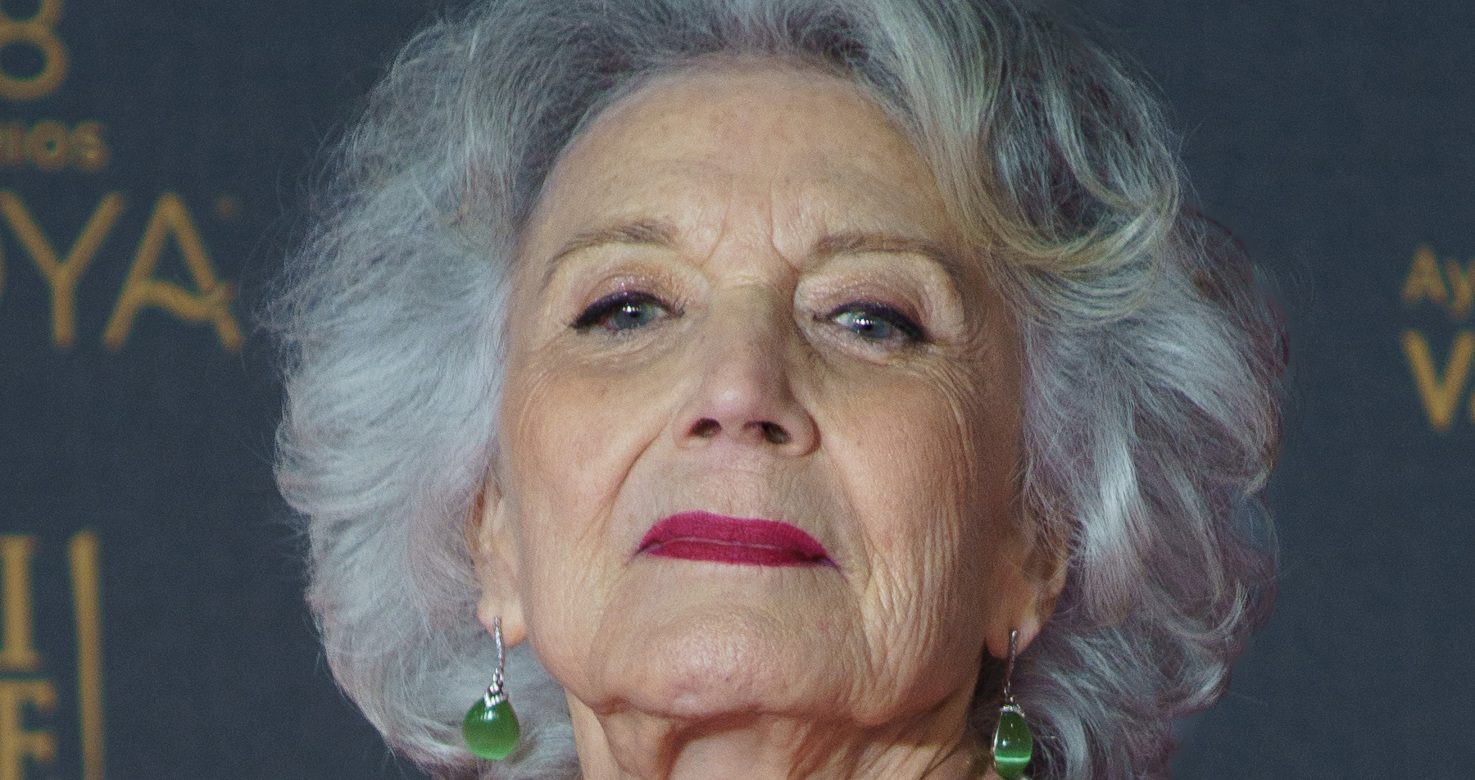_UNDERSCORE: Hungarian Realities
_UNDERSCORE: Hungarian Realities
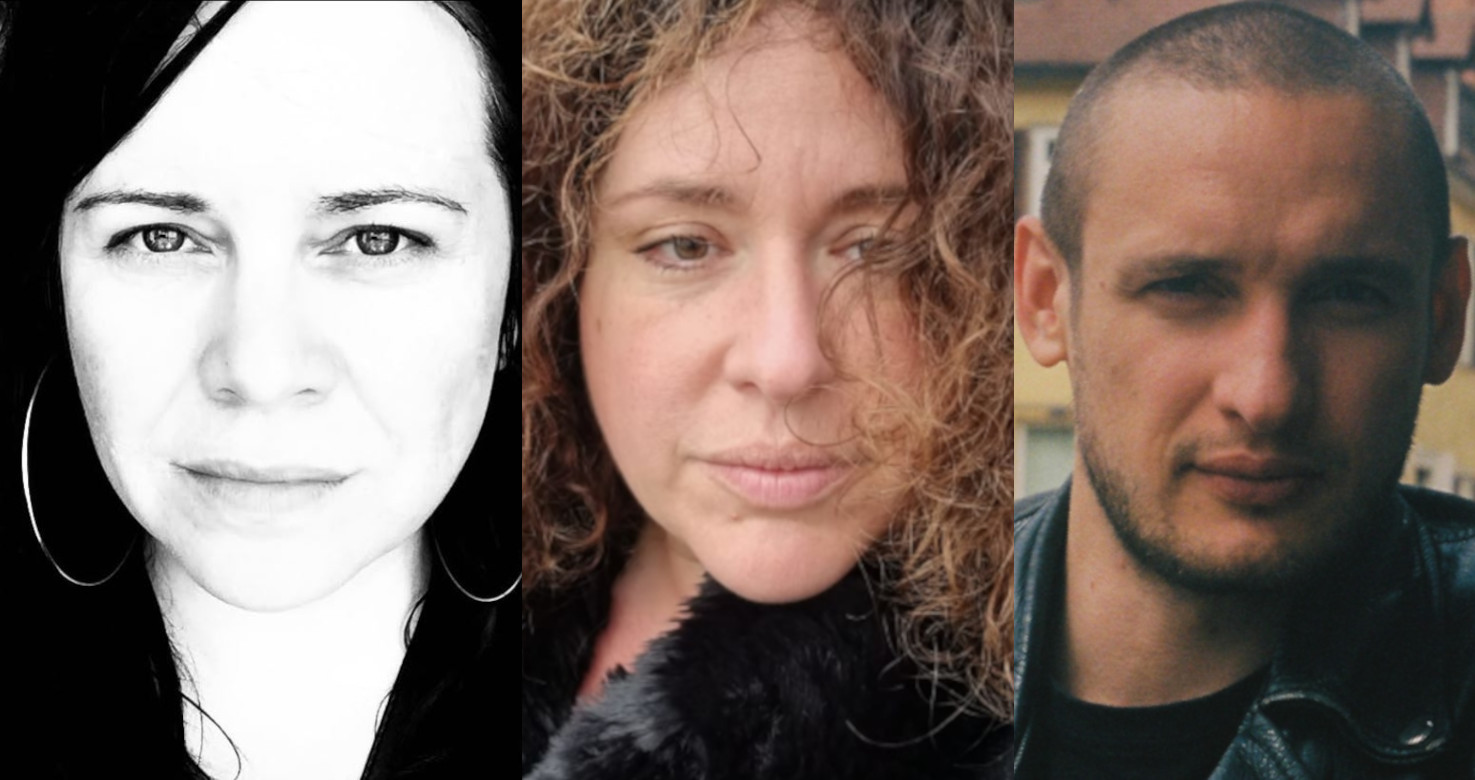
Since the Fidesz party of Viktor Orbán took power almost 14 years ago, it has become difficult to almost impossible for most of the filmmakers in Hungary to develop and produce their films with national support. The repression of freedom of speech and equal rights in Hungary, censorship, reduced funding schemes and no structural support for the independent film sector have led to numerous filmmakers leaving the country and working from elsewhere in Europe. For many filmmakers it also meant that they were forced to find different ways to earn an income to be able to support their families. With the help of local producers and film funding in their current countries of residence, some were able to continue making films – some of them still shoot in Hungary. Some filmmakers and producers still reside in Hungary, as leaving the country is not always an option. They live and work under pressure and fear constant observation, facing obstruction of their projects on a regular basis.
Probably most famous among the Hungarian filmmakers who left the country is Béla Tarr who left his native Hungary with great discontent and ran the Sarajevo Film School in Bosnia & Herzegovina for some years.
Other expats have included Eszter Hajdú, Szabolcs Hajdú, Jakob Ladanyi, Kornél Mundruczó and György Palfi and many others.
Director/writer Eszter Hajdú is known for films which put a finger down on uncomfortable topics. After finishing her documentary JUDGEMENT IN HUNGARY, she moved to Portugal in 2013 because she didn’t want to be in Hungary anymore: “The extreme-right political pressure and also my social and intellectual isolation as a filmmaker, the mainstream anti-Ziganism, racism, and anti-Semitic attitudes in Hungary made my native country a completely unbearable place for me,” she says.
“There is a lot of disappointment and sadness”
Eszter Hajdú
Based in Berlin and Budapest, Jákob Ladányi is currently developing his first feature film script. “There is no hope,” he says, “ of obtaining funds from Hungary,” and continues to explain that it is his greatest challenge “to convince producers from abroad to apply for regional or national film funds”. Describing the same problem, Eszter Hajdú says: “To get funding for a Hungarian project is extremely difficult!”
For a lot of Hungarian filmmakers the situation is very difficult bordering the unbearable. And leaving the country isn’t always an easy option.
“I was considering to go abroad, but that is not as easy as it seems … I like to be here where my family and friends are… “
Ágnes Kocsis
Instead of making films, Ágnes Kocsis now teaches. She is the head of the the Assosiation of Hungarian Film Directors AHD. “We started a film club to show our older films in the cinema,” she reports, “always followed by a master class to keep our community and Hungarian film alive when most directors are so desperate.” Members can come for free, but it also addresses the general public and mostly students attend.”
As Jákob Ladányi puts it: “the only way to realize auteur cinema in Hungary at the moment is through low or non-budget independent movies, and to make those, we have to rely on free labour or at least suppressed salaries.”
Which leads to further problems for all people involved in filmmaking, as Ágnes Kocsis explains: “for the crew, this is their profession, and they have to live from it,” adding that, “there is a certain limit of how often you can ask people to work for free.”
“There is sympathy and maybe compassion, but there is little capacity to actually help each other since options are scarce for everyone,” says Jákob Ladányi.
Having this in mind and acknowledging the reality of many Hungarian filmmakers, the European Film Academy dedicates this month’s _UNDERSCORE programme to them. Many of the films included in this programme are made by members of the European Film Academy. It is not only their films we celebrate, but also their resilience, their daring, bravery, and stubbornness to keep telling the stories they want to tell in the way they want to tell them. Despite the bleak reality and the unforeseeable change in politics in Budapest, the European Film Academy expresses its strong support for its Hungarian members – especially now that Hungary holds the Presidency of the Council of the EU until the end of 2024.
Featured:

Eszter Hajdú
Eszter Hajdú
Director/writer Eszter Hajdú is known for JUDGEMENT IN HUNGARY (2013), OTTHONOM, TARNABOD (2006) and HUNGARY 2018 (2018). With her films, Ester repeatedly puts her finger down on uncomfortable topics – JUDGEMENT IN HUNGARY looks at the trial about a serial of murders on ethnic basis. Over the course of one year, the murderers killed and seriously injured Roma children and adults. HUNGARY 2018 follows the election campaign of the Hungarian “Fidesz” party led by Viktor Orbán who holds power since 2010.
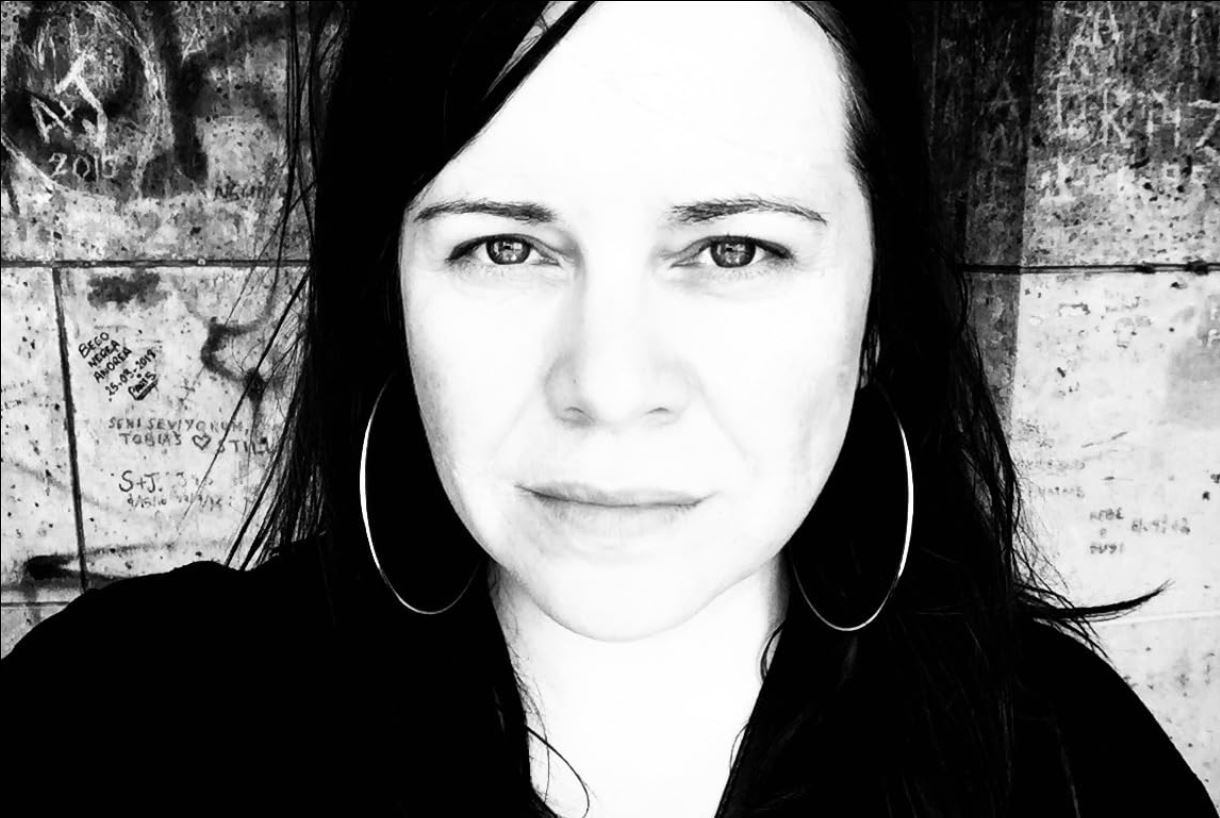
Ágnes Kocsis
Ágnes Kocsis
Ágnes Kocsis’ first feature film FRESH AIR (2006) screened at Cannes Film Festival’s “Semaine de la Critique” and was nominated for the European Film Academy’s Discovery Award. PAL ADRIENN (2010) was part of the Academy Selection and her third film EDEN is about a woman who has to live in total isolation and can have no contact with her environment.
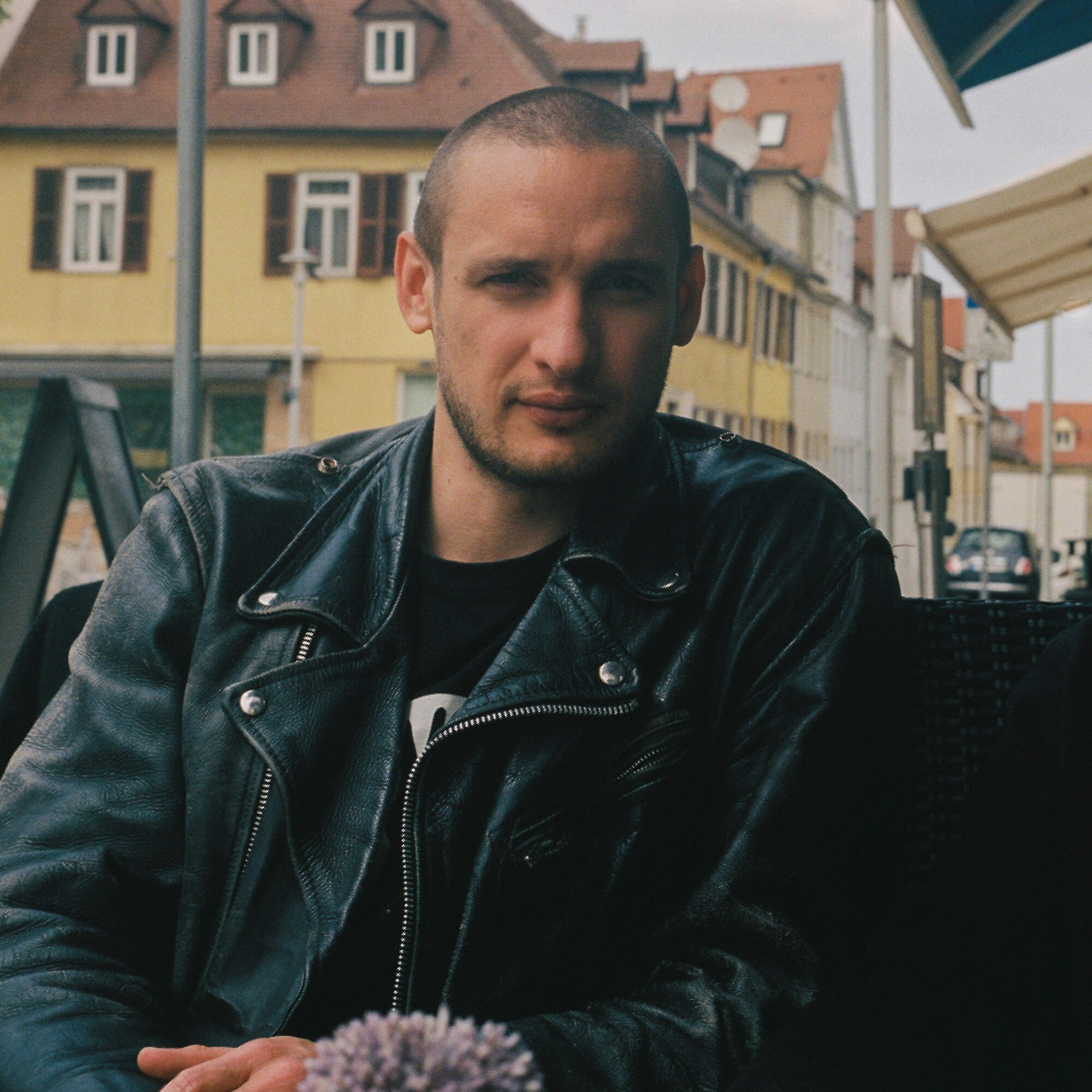
Jákob Ladányi
Jákob Ladányi
Jákob Ladányi is a passionate filmmaker who wants to push the boundaries of filmmaking through innovative storytelling and an edgy artistic vision. With a background in acting, he also works as a freelance casting director and is currently developing his first feature film script.

